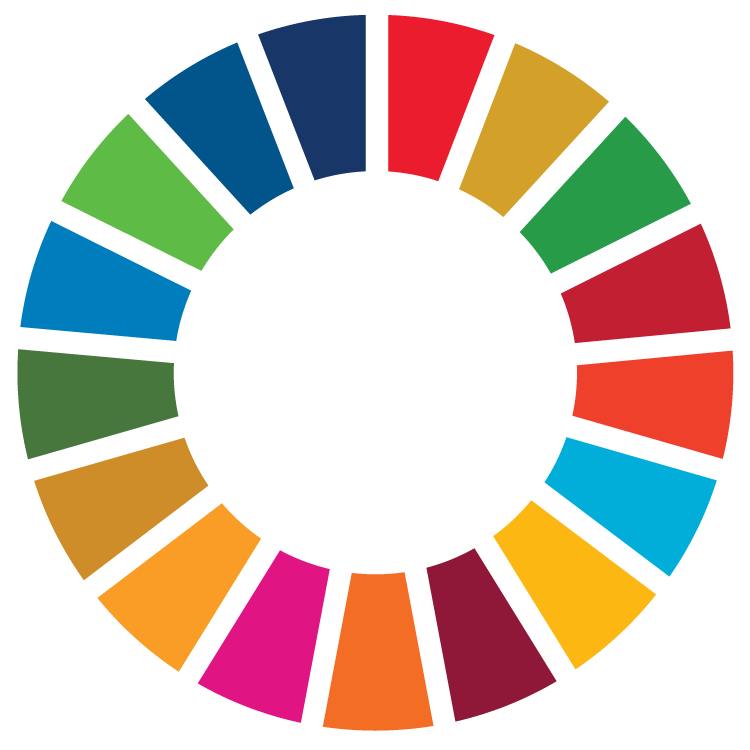Assessing the SDGs: marrying top-down data with crowdsourced insight

Bernhard Obenhuber
Sep 25, 2020

This September marks the fifth anniversary of the UN’s Sustainable Development Goals (SDGs). Agreement on the 17 SDGs, backed by 170 indicators, created an extraordinary global consensus on the appropriate metrics for measuring the success and wellbeing of humankind and of the global environment.
Unlike their predecessors, the Millennium Development Goals, the SDGs have been widely adopted by the private sector, by both large companies keen to show they are making a contribution to development, and by investors looking to track their impact in terms of helping to achieve the SDGs.
However, while some of the SDGs are relevant for private sector actors, they are primarily aimed at governments. CountryRisk.io has partnered with the Sustainable Development Solutions Network (SDSN) to incorporate its SDG Index into our platform, to enable our users to feed SDGs scores into sovereign risk modelling, and potentially to incorporate national-level SDG scoring into sovereign debt impact investing strategies.
The SDG Index uses around 100 indicators to create scores for progress towards each SDG for, at present, 166 countries. These are aggregated into a single country-level score. Sweden has the highest score, at 84.72 out of 100, while the Central African Republic has the lowest, at 38.54.
The index also tracks progress over time, looking at the annual rate of increase (or decrease) in each score. This allows for an analysis of whether countries are on course to achieve the SDGs by the target date of 2030. “Both of these elements are important when using the SDG Index to inform assessments of sovereign sustainability risk and for impact investing,” says Guillaume Lafortune, senior economist at the SDSN.
Covid and the SDGs
Unsurprisingly, the Covid-19 pandemic and the resulting economic impacts represents a significant setback in progress towards meeting the SDGs — particularly among low-income countries.
“The Sustainable Development Goals are needed more than ever. Their bedrock principles of social inclusion, universal access to public services, and global cooperation are the guideposts for fighting Covid-19 as well as for the investment-led recovery the world should adopt to overcome the economic crisis caused by the pandemic,” says Jeffrey D. Sachs, director of the SDSN and author of the latest report updating the index.
That report shows “clear SDG progress before this year’s pandemic,” Sachs says. “With sound policies and strong global cooperation, we can restore that progress in the coming decade.”
Given the lags in reporting by government of the data that informs the index, it is too early to quantify the extent of this setback, but the hit to economic activity will severely constrain the ability of governments to fund social and environmental programmes.
These lags in data availability are an ongoing challenge for analysts seeking to understand evolving country-level sovereign sustainability performance. The CountryRisk.io platform allows users to use alternative data sources, predominantly from World Bank data sets, to augment those used by the SDG Index.
But analysts also need to come to a view about the current policy environment within countries of interest, adds Lafortune. Developed country data captured by the SDG Index usually covers the previous year, but for many developing countries, the data may be two or three years old. “We are basically evaluating the performance of the previous government,” he says. “To be more timely, you need to integrate an assessment of current policy: if a new government hostile to the climate agenda assumes power, the index would not immediately change drastically, but the policy environment and the likelihood that the country will achieve the goals by 2030, including the climate goal, would drastically increase.”
Crowdsourcing insights
This is where a platform such as CountryRisk.io comes into its own. It provides the means to crowdsource this assessment from users on the ground through qualitative questions that augment quantitative assessments. For example, analysts are asked to evaluate government policies to fight hunger and address food insecurity. Local analysts, economists and academics who have deeper intelligence concerning their government’s policies — and, more importantly, regarding their resolve to implement them — add significant value to the rating assessment.
“Our index can act as a powerful source of inspiration, including for assessing sovereign risk and assessment,” says Lafortune, “but it needs to be combined with more granular data and an understanding of the country-level context and policy frameworks.”
